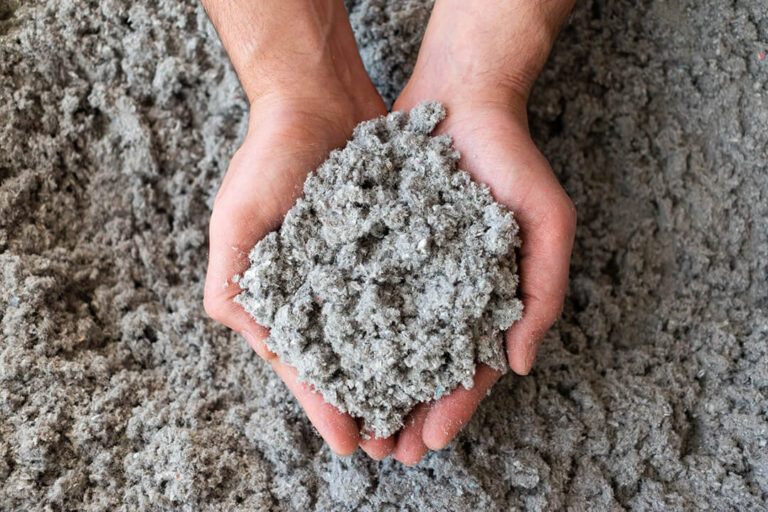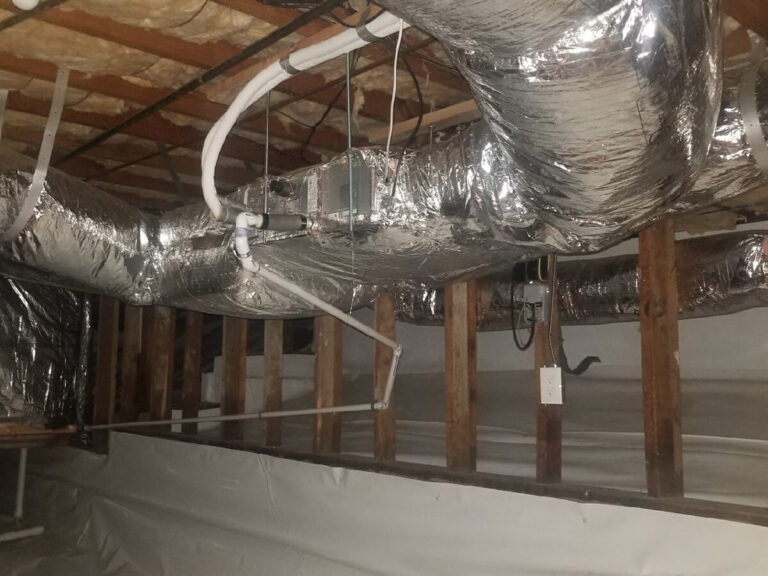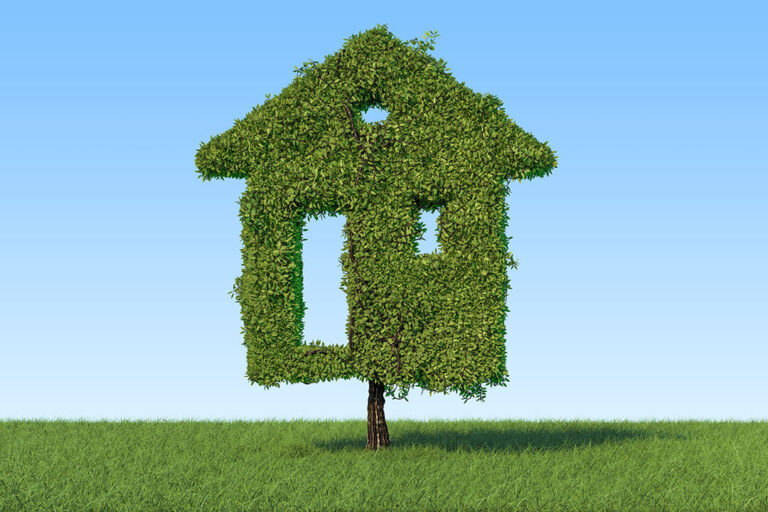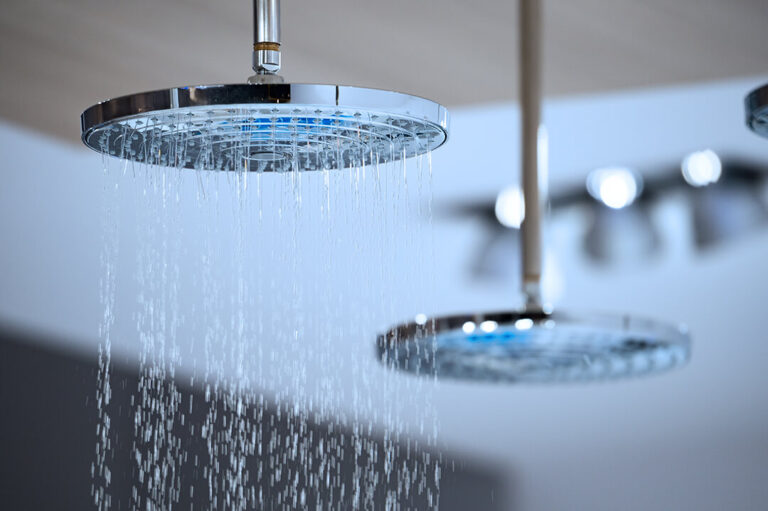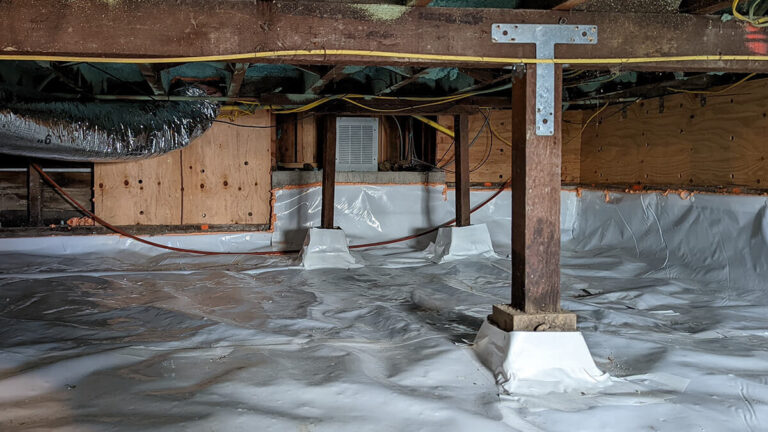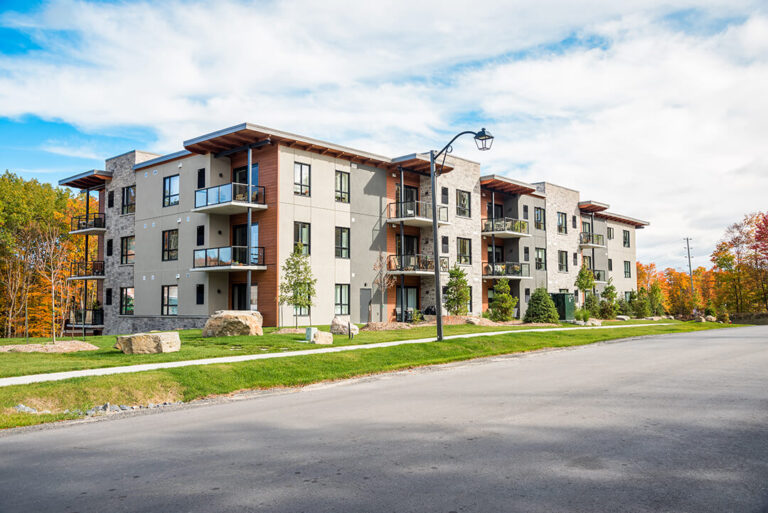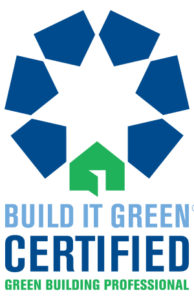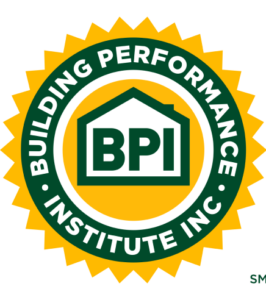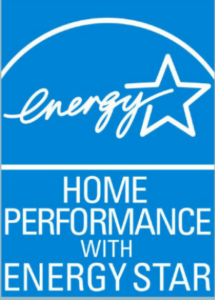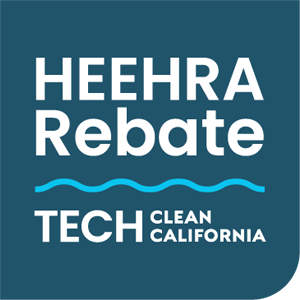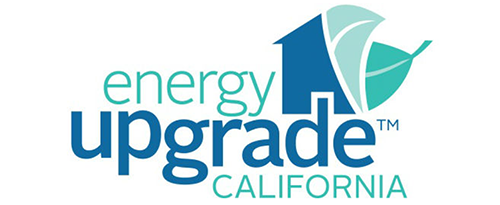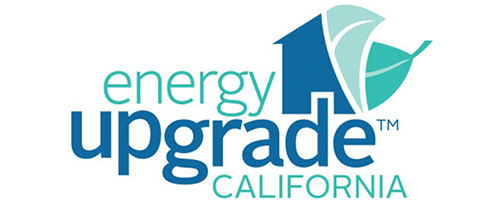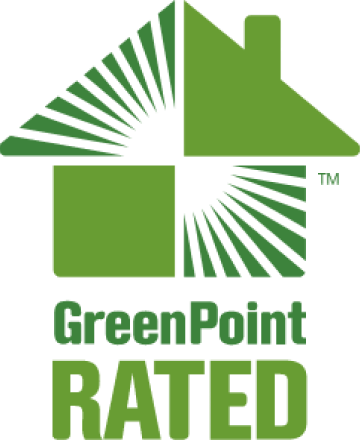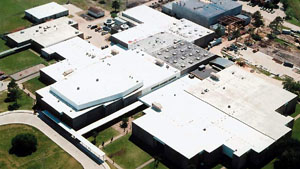 Are cool roofs cost-effective?
Are cool roofs cost-effective?
The short answer is maybe, in warmer climates.
Cool roofs are ideal for large, single-story, low-slope or flat roof buildings in hot climates. Commercial buildings are generally the best candidate for this, but residential buildings can benefit too. To find out if a cool roof will be cost-effective for your home or building, you can check out the Roof Savings Calculator.
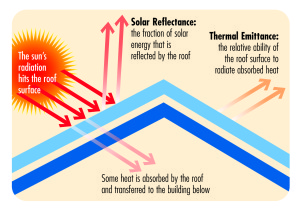
Cool roofs reflect more sunlight than “dark” roofs, thus keeping a building cooler when it’s sunny. Their effectiveness is measured by the combination of two properties: solar reflectance and thermal emittance. These properties are combined to calculate the SRI (Solar Reflectance Index), which is a number between 0 and 100. The higher the number, the cooler the roof will be in the sun.
There are 3 types of cool roofs. Roofs constructed of white thermoplastic membrane achieve the highest SRI, but these require new construction. For existing roofs, a solar reflective coating can be applied to achieve a decent SRI with minimal cost. Finally, green roofs, which are wholly or partially covered in various types of vegetation, are not as reflective, but can have many other benefits.
When sunlight is absorbed and converted into heat, it can no longer leave our atmosphere. But when sunlight is reflected before it’s absorbed, most of the light can escape back out into space. Because of this, widespread use of cool roof technology can have very significant environmental benefits (see below).
Personal Benefits
Achieving a high SRI can qualify a building for various programs such as Energy Star, Green Globe, or LEED, which can lead to tax benefits and energy rebates.
Also, cool roof technology can increase the service life of your roof, by preventing it from reaching temperatures that accelerate its degradation. Dark roofs can reach temperatures of 150°F in the summer sun, and cool roofs can decrease this maximum temperature by 50°F or more!
Environmental Benefits
Quite a bit of research has been done recently on the potential global impact of widely implemented cool roof technology. It turns out that cool roofs can be quite effective at combating the UHI (Urban Heat Island) effect, which refers to the increased temperature of metropolitan areas due to human activity. This effect causes many problems, including increased energy use (which accelerates the effect further), adverse impact on weather, nearby wildlife and bodies of water, and even increased human mortality rate during heat waves, due to increased maximum temperatures.
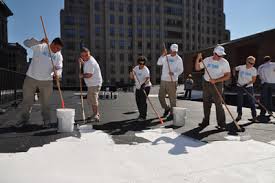
In New York City, the NYC °CoolRoofs program, which began in 2009, has already coated over 5 million square feet of rooftops white, reducing the carbon footprint by over 2000 tons. Various other movements have begun in the US, Canada, and Europe, such as the White Roof Project and Cool Roofs Europe. If all urban, flat roofs in warm climates were whitened, the resulting 10% increase in global reflectivity would offset the warming effect of 24 billion tons of greenhouse gas emissions. This is equivalent to taking 300 million cars off the road for 20 years!
What if I already have good quality attic insulation?
Attic insulation and air sealing are still #1. These are the most cost-effective energy upgrades you can perform on your building or home. And they are effective year-round, as opposed to cool roofs, which are only helping you when it’s warm. Furthermore, the effectiveness of a cool roof will decrease as the effectiveness of your insulation increases. In California, if an attic is air sealed (the ceiling to attic air seal) and insulated perfectly to R50, cool roofs will be of almost no benefit. When we insulate effectively all you really need is normal passive ventilation in the attic and very little heat transfer will occur from house to attic.
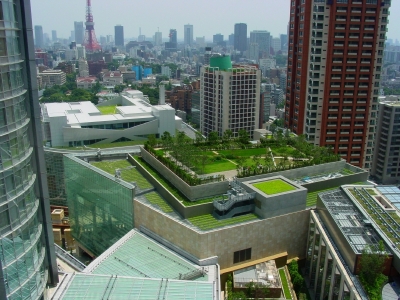
Conclusion
Cool roofs are very cool and can be cost-effective in warm climates, and can have additional personal and environmental benefits. But if you’re looking into energy upgrades for the first time, your roof is not the place to start. Other areas are a much higher priority.
For more information, call (925) 363-4498 or e-mail info@epbuilders.com to speak to a technician, or schedule an energy audit.
